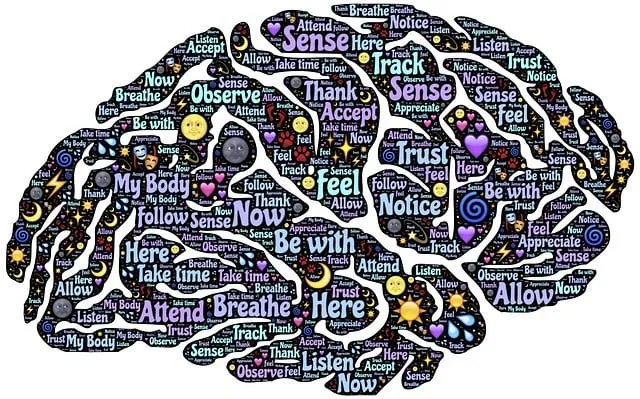Kaiser's Golden inpatient mental health services offer comprehensive care, integrating Social Skills Training (SST) to empower individuals with anxiety, depression, or schizophrenia. Through role-playing and group discussions, patients learn communication skills, empathy, and conflict resolution strategies. This holistic approach addresses symptoms, promotes stress management, and builds resilience for daily life outside the inpatient setting, highlighting Kaiser's commitment to high-quality mental health care.
Social skills training (SST) is a vital component of treating mental health conditions, especially within inpatient settings. This comprehensive guide explores how programs like those offered by Kaiser’s inpatient mental health services utilize SST to empower individuals managing various challenges. We delve into the benefits, such as improved communication and reduced social isolation, while also addressing potential challenges unique to this environment. Understanding these aspects is crucial for enhancing patient care and outcomes in mental health treatment.
- Understanding Social Skills Training for Mental Health Conditions
- The Role of Kaiser's Inpatient Mental Health Programs in Providing Social Skills Training
- Benefits and Challenges of Social Skills Training for Inpatient Mental Health Settings
Understanding Social Skills Training for Mental Health Conditions

Social Skills Training (SST) is a specialized form of therapy designed to help individuals with mental health conditions navigate and improve their social interactions. This type of training is particularly valuable for those facing challenges in their daily lives, such as anxiety disorders, depression, or schizophrenia. By focusing on practical skills, SST empowers patients to build confidence, foster meaningful connections, and enhance their overall mental wellness.
At Kaiser, its inpatient mental health services offer comprehensive programs that include SST as a core component. Through role-playing scenarios, group discussions, and coaching, patients learn effective communication techniques, empathy, and conflict resolution strategies. This tailored approach not only addresses the symptoms of various mental health conditions but also equips individuals with tools to manage stress, prevent burnout, and improve their overall quality of life.
The Role of Kaiser's Inpatient Mental Health Programs in Providing Social Skills Training

Kaiser’s inpatient mental health programs play a pivotal role in providing comprehensive care, including social skills training, for individuals managing various conditions. These programs are designed to create a supportive environment where patients can learn and practice essential social interaction techniques while receiving expert guidance from specialized healthcare professionals. With a focus on holistic healing, Kaiser offers evidence-based practices tailored to individual needs, addressing not just the symptoms but also the underlying causes of mental health challenges.
The integration of cultural sensitivity in mental healthcare practice is a key aspect of these programs, ensuring that training methods are inclusive and respectful of diverse backgrounds. By incorporating strategies for stress reduction methods and resilience building, Kaiser empowers patients with valuable coping mechanisms to navigate daily life outside the inpatient setting. This multi-faceted approach not only enhances their social capabilities but also fosters overall well-being and recovery.
Benefits and Challenges of Social Skills Training for Inpatient Mental Health Settings

Social Skills Training (SST) offers significant benefits for individuals in inpatient mental health settings. This evidence-based approach aims to enhance communication and interaction abilities, which are essential components of recovery. By participating in SST, patients can learn effective strategies to manage social situations, improve their Self-Esteem Improvement, and reduce symptoms related to Anxiety Relief. It fosters a sense of belongingness and provides tools for better coping mechanisms, ultimately supporting longer-lasting mental well-being.
Despite its advantages, implementing SST in inpatient facilities presents certain challenges. These include individual differences in learning styles, the need for specialized training for staff, and ensuring consistent practice among peers. Additionally, integrating SST into an already structured program requires careful planning and adaptation to meet diverse patient needs. Kaiser’s approach to providing mental health care, particularly in its golden facilities, could benefit from tailored SST programs that address these challenges, thereby enhancing overall Self-Care Practices for patients.
Social skills training is a valuable component of comprehensive mental health care, particularly in inpatient settings. As discussed, Kaiser’s programs exemplify effective delivery through structured, group-based approaches that cater to diverse needs. While challenges exist, such as tailoring training for various conditions and ensuring sustained improvements, the benefits—including enhanced social functioning and reduced symptoms—outweigh these hurdles. For mental health conditions often requiring inpatient care, like those managed by Kaiser’s Golden programs, social skills training can be a transformative tool, empowering individuals to reintegrate into society with greater confidence and improved relationships.






